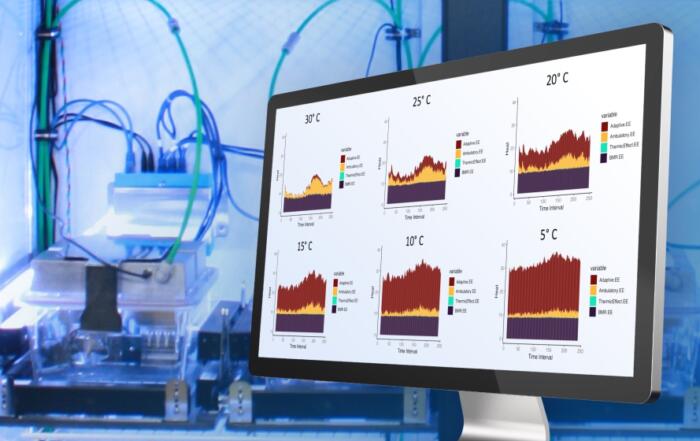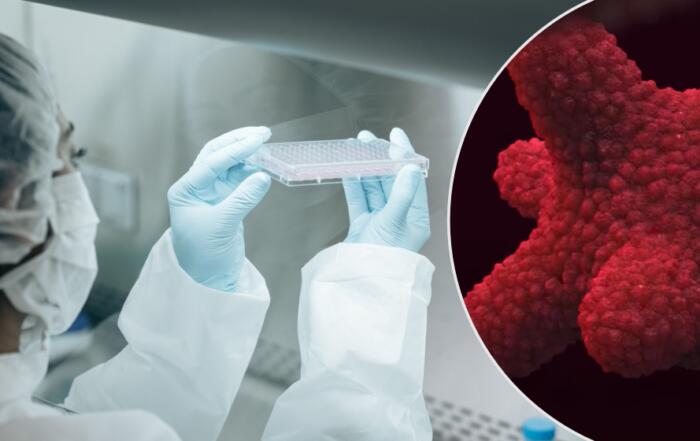Discover the impact of cryopreservation of PBMCs on T cell activation and phenotype in Lonza’s free webinar.
Human peripheral blood mononuclear cells (PBMCs) consisting of lymphocytes, dendritic cells and monocytes play an important role in both innate and adaptive immune systems. As such, PBMCs are increasingly being used in the drug development of biological therapeutics. Should you be concerned how cryopreservation will affect the various sub-populations of immune cells contained in your PBMC sample or performance parameters of those cells? Are you looking for more convenience in your immunology research workflows? Lonza scientists investigated what possible effects cryopreservation could have on the functionality of PBMC samples.
Key Topics Include:
- T cell proliferative response is not altered by cryopreservation
- Cryopreservation does not change pro- or anti-inflammatory cytokines secretion profiles
- Cryopreservation does not alter the percentages of cell populations in PBMCs
- The data supports the more convenient use of cryopreserved PBMCs over freshly isolated cells
- Categories: Cell & Molecular Biology, Drug Discovery & Development, Microbiology & Immunology
- Tags: cytokines, peripheral blood mononuclear cell (PBMC), t cells
Presenters
Aurita Menezes, PhD
Sr. Market Development Manager
Lonza
Katherine Dunnick, PhD
MSAT Principal Process Engineer
Lonza
Sarah Thacker, PhD
Senior Scientist II
In Vitro Pharmacology
SpringWorks Therapeutics










